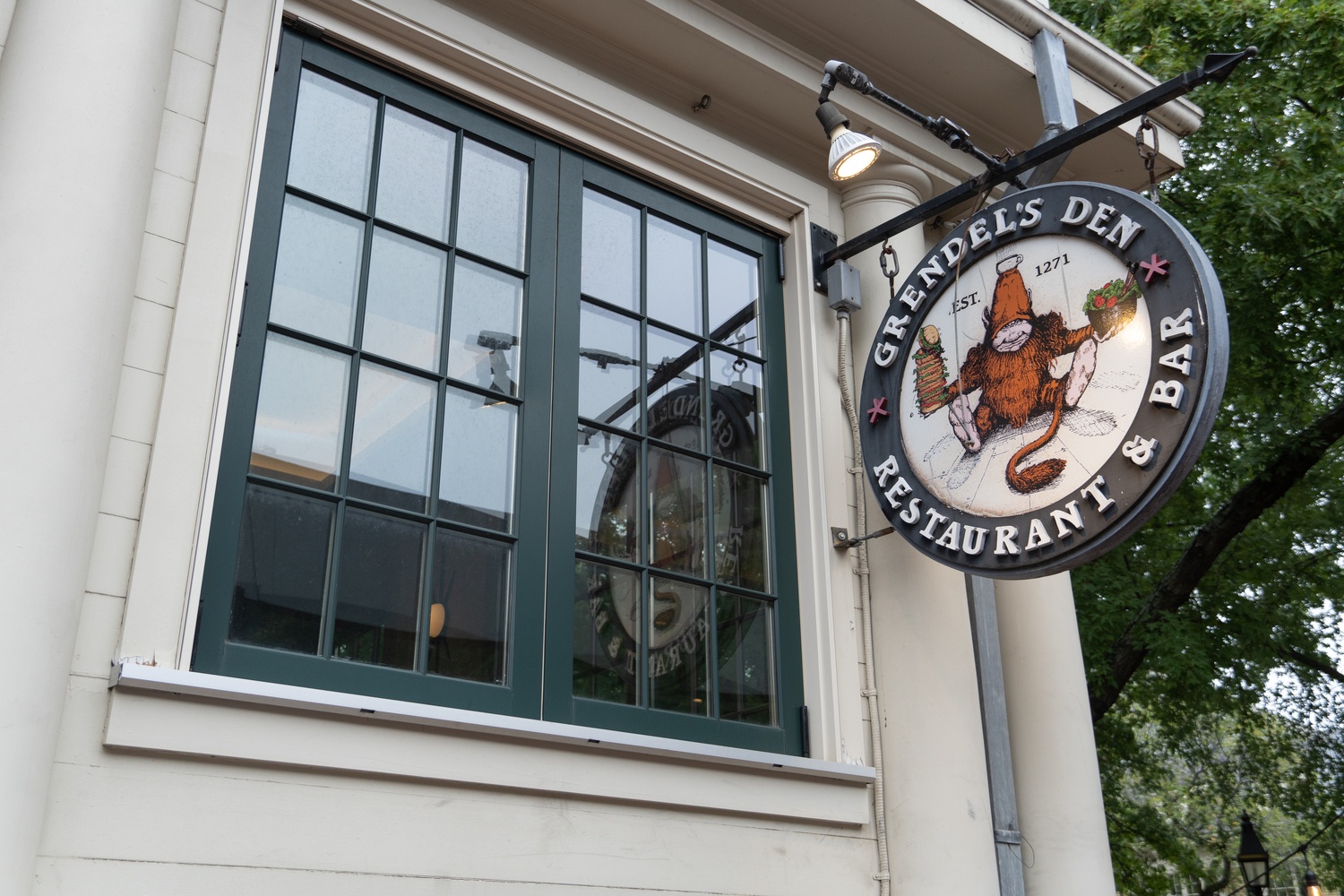
News
Harvard Grad Union Agrees To Bargain Without Ground Rules

News
Harvard Chabad Petitions to Change City Zoning Laws

News
Kestenbaum Files Opposition to Harvard’s Request for Documents

News
Harvard Agrees to a 1-Year $6 Million PILOT Agreement With the City of Cambridge

News
HUA Election Will Feature No Referenda or Survey Questions
Massachusetts, Make Our Hours Happier
It’s time to make Cambridge happier.
Boston — a city full of college students and young professionals — has for years been subjected to an arcane Massachusetts law banning happy hours. For the last several years, an intrepid state senator has sought to change that.
Count us among the measure’s backers. Both Harvard Square and Boston would benefit from the strikedown of the 40-year-old measure, which could help make the bar scene of both more affordable and enjoyable while giving a lift to local businesses.
Despite being home to throngs of 20-somethings and several college campuses, Boston has been so plagued by its poor nightlife scene that it instituted a “director of nightlife economy,” affectionately dubbed the “night czar.” Humorous name aside, the need for such a position speaks volumes to Boston’s languishing social landscape.
Many Boston bars close early, in part owing to a state ordinance banning the sale of alcohol past 2 a.m. The “night czar” herself has acknowledged Boston’s lack of late-night eateries. And, as college students, we’ve all seen how egregious an impact a casual night out in Boston can have on one’s bank account.
While the removal of the Massachusetts measure might not solve all of Boston’s nightlife woes, it certainly could help reinvigorate Harvard Square. Happy hour-style promotions could help draw in (21-plus!) upperclassmen, graduate students, Cambridge residents, and tourists, encouraging them to patronize the Square’s notoriously expensive haunts.
The arguments against are unconvincing.
The Massachusetts Restaurant Association, for example, opposes the repealing of the ban on the grounds that happy hours could harm businesses. But happy hours benefit consumers, who are able to enjoy cheaper food and drink, and in any event, it’s unclear whether happy hours hurt businesses at all.
Happy hours could lower the average profit per drink, but they may also create more vibrant downtowns, significantly increasing the volume of drinks sold. Either way, businesses are free to choose whether or not to offer happy hours, and several Cambridge restaurants cited in The Crimson’s reporting said they supported happy hours.
There are also those who believe that the happy hour ban keeps Massachusetts safer and freer of alcohol abuse. It’s a noble reason, but the evidence is unconvincing. Few high-quality studies on the effects of happy hours exist, and much of it identifies attenuated-at-best correlation — not causation.
Repealing the Massachusetts happy hour ban could breathe new life into Boston and Harvard Square alike. Boston is a vibrant, young city — It deserves a social scene to match.
This staff editorial solely represents the majority view of The Crimson Editorial Board. It is the product of discussions at regular Editorial Board meetings. In order to ensure the impartiality of our journalism, Crimson editors who choose to opine and vote at these meetings are not involved in the reporting of articles on similar topics.
Have a suggestion, question, or concern for The Crimson Editorial Board? Click here.
Want to keep up with breaking news? Subscribe to our email newsletter.
Related Articles
From Our Advertisers

Over 300+ courses at prestigious colleges and universities in the US and UK are at your disposal.

With innovative financial tools combined with financial education, Collegiate empowers students to take control of their finances and build confidence in their money management skills.

Serve as a proctor for Harvard Summer School (HSS) students, either in the Secondary School Program (SSP), General Program (GP), or Pre-College Program.

With an increasingly competitive Law School admissions process, it's important to understand what makes an applicant stand out.

Welcome to your one-stop gifting destination for men and women—it's like your neighborhood holiday shop, but way cooler.

Admit Expert is a premium MBA admissions consulting company, helping candidates secure admission to top B-schools across the globe with significant scholarships.

